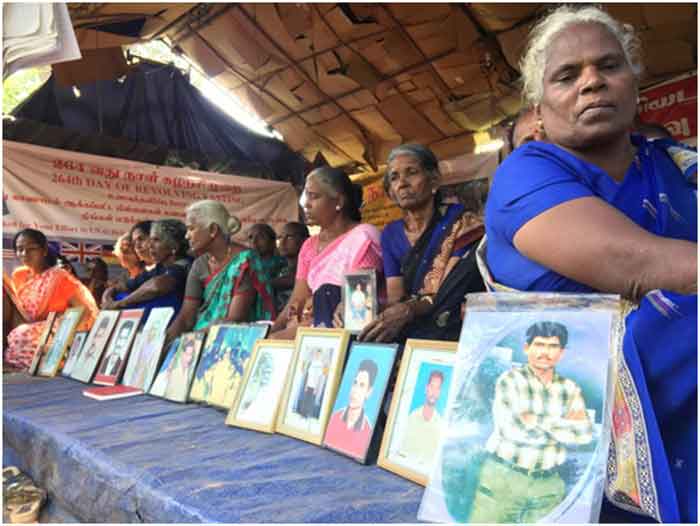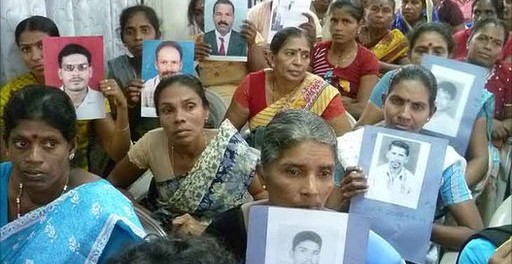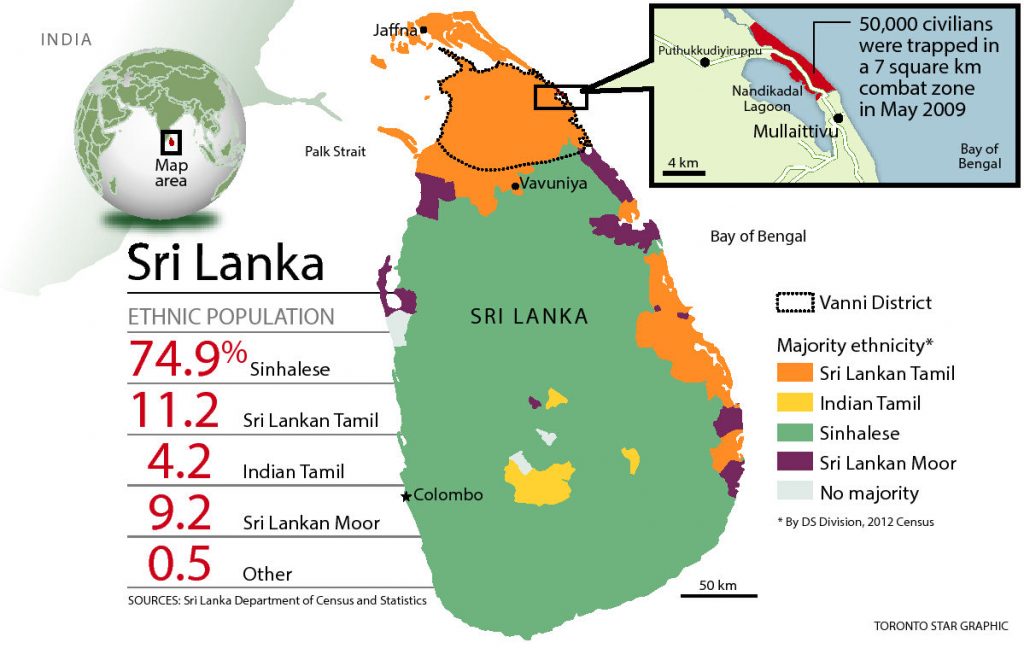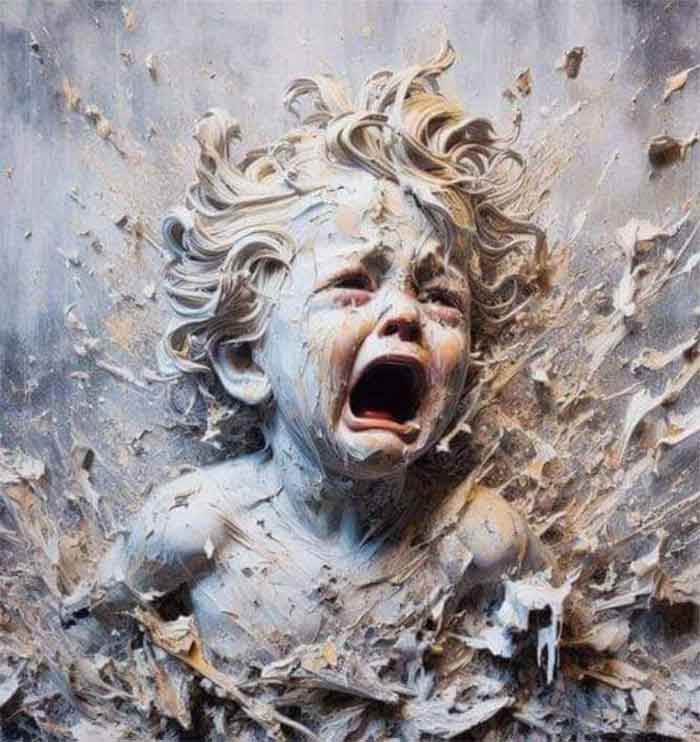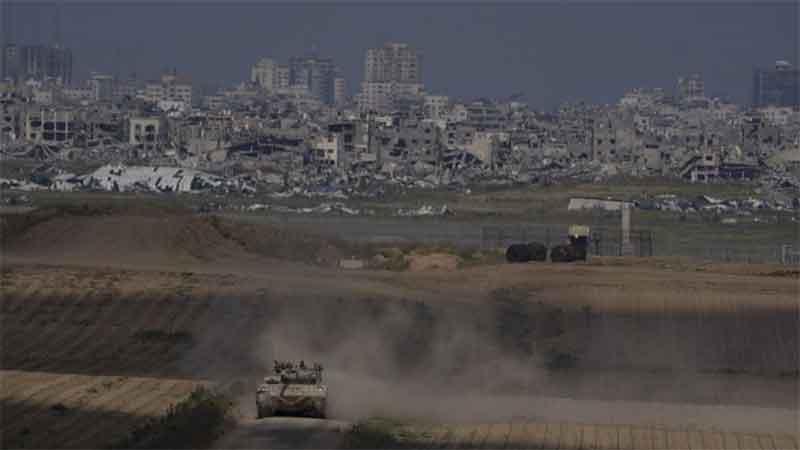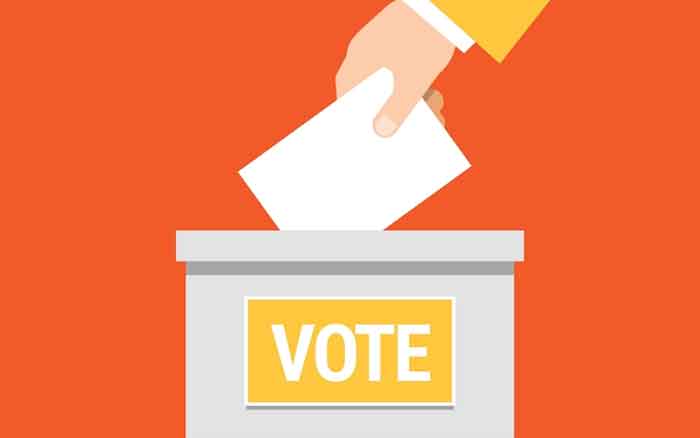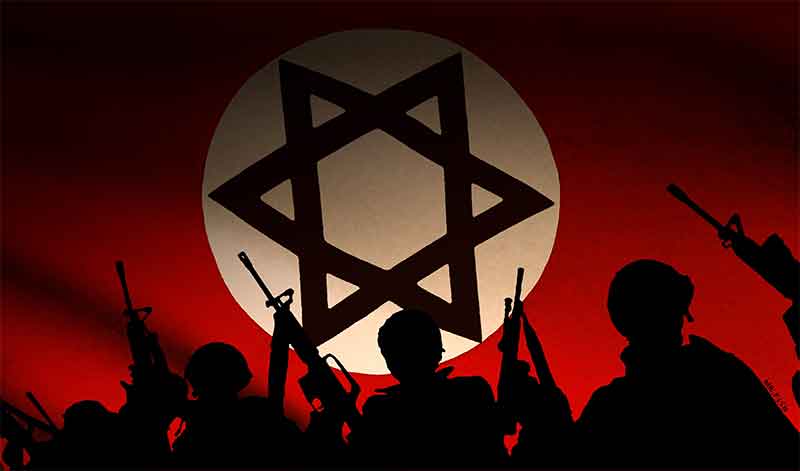
India’s Minister of State for External Affairs Shri V. Muralidharans’s following statement on July 31, 2021 in the Rajya Sabha is timely, fitting and correct which also alludes to the nagging and continuing unsolved problems being faced by the Tamils in Sri Lanka. “India believes that delivering the legitimate aspirations of the Tamil community is in the best interest of Sri Lanka and respects the rights of the Tamil community including through MEANINGFUL DEVOLUTION”.
This statement of this Minister clearly and simply refers and believes in the following aspirations of the Tamils including and involving equality, justice, peace and legitimate rights of Tamils with the carrying out of a meaningful devolution as the political settlement.
By his statement, the Minister has implicitly recognized and confirmed the dominant role of India in dealing with the problems of the Tamils. Besides, India being a Superpower in South Asia is also the neighbour of Sri Lanka with only 35 miles separating it from the north of Sri Lanka. Though 7000 years ago both India and Sri Lanka consisted of one landmass until a tsunami or natural catstrophic event broke and divided the contiguity paving way for the Palk Strait between India and Sri Lanka. Before this separation free flow of migration and settlements from south India were normal and usual. Tamils moved back and forth and most of them lived in the coastal parts of Sri Lanka. It is to be noted that the famous five Easwarams of Lord Shiva were built on the coastal side of Sri Lanka before the alleged legendary arrival of Vijaya from South India in B.C 483.
Historically Tamils are recorded as the original inhabitants of Sri Lanka and majority of them choose to live in the North and East of Sri Lanka until Sinhalese were recognized as a race in the 6th century along with the Sinhala language which is a mixture of Pali, Sanskrit and Tamil.
This is a brief note of the history of Tamils after the Tamil kings ruled the whole parts of Ceylon {Sri Lanka] except the Southern parts of Sri Lanka where Sinhala King Dutugemunu was ruling while Tamil King Ellara was ruling from Anuradhapura from B.C 144 to B.C 101.
As such Tamils aspirations of equality, justice, and rights of Tamils have to be fulfilled without any doubts.
Rights of Tamils
The Minister in his statement has admitted and recognized the aspirations of the Tamils as legitimate which cannot be bargained, bartered, or even diluted with. He also admits that the aspirations of the Tamils have not been fulfilled by Sri Lanka so far. Accordingly, India owes and carries the duty to deliver them through its good offices and good faith as a last option to direct involvement with Sri Lanka as a neighbour and a party who co-signed the Indo/Sri Lanka Accord of 1987. The legitimate aspirations of the Tamils have been lying in the election manifestos of Tamil parties which received the mandates of Tamils in several general elections held since independence in 1948. The last election manifesto has called for the fulfillment of the following aspirations.
[1] North and East merger
[2] Recognition of North and East as Tamils historically inhabited homeland.
[3] The right of self-determination.
The aspiration of equality has been deliberately trampled and denied by the successive Sri Lankan Governments since 1956 commencing from the passage of Sinhala Only Act of 1956 followed with several other discriminatory legislations in state employment and the full use of one of the official languages Tamil by the Government in its dealing with the Tamil public not to mention the genocidal agenda of Sinhala Buddhist Governments since 1948.
Justice is another aspect which has been discarded and thrown overboard by the Sri Lankan Governments since 1956 with an entrenched system of impunity in operation in Sri Lanka. The word justice is anathema to all Sri Lankan Governments backed by a politically leaning Judicial System,
It has to be stated that only a handful of suspects alleged to have committed genocidal crimes since 1956 have been hauled up to courts during the last 70 years and even the convicted and jailed have been pardoned and released halfway while in jail.
The rights of Tamils granted under the 1966 UN Convention on Civil and Political Rights Article One [1]which allows the peoples the right of self-determination and the right to determine their political status and thereby pursue their economic, social and cultural development has not been honored by Sri Lanka. Instead repressive measures have been taken in the past to crush their rights.
There is discrimination in state employment and the rights of Tamils to preserve their culture and religion have been interfered by Buddhist Monks and Sinhala racist civilians who are forcefully seizing civilian lands to erect Lord Buddhas statues and/or construct Buddhist Temples [Viharas] even by destroying Hindu Temples and/or by removing statues of Hindu deities. These sacrileges have become common and normal in recent times.
In conclusion, it has to be stated that Tamil Nadu’s cultural, historical, linguistic and religious links are interwoven with the Tamils in Sri Lanka. As such with a population of 70 million Tamils living in India, a greater obligation and unshakable duty on India lies to ensure the existence of Tamils and preserve their language, religion and culture in Sri Lanka. Therefore India cannot sit idle and watch the ongoing genocides committed against the Tamils by the Sri Lankan Governments through the Sinhala security forces.
India’s Central Government also has to look into the important issues of accountability, the war crimes, crimes against humanity etc. allegedly committed during the period from October 1987 to 1989 when the Indian Peacekeeping Force [IPKF] was present in Sri Lanka. Various massacres like the Jaffna hospital massacre on October 21st and 22nd of 1989 and the Valvettithurai massacre on August 2nd and 3rd of 1989 have never been fully investigated nor has anyone been prosecuted before the courts. It is clear that impunity prevailed and protected the crimes while accountability and justice was treated with scant responsibility and respect by the concerned authorities..
Thus, India owes a duty of redemption to right its wrongs and offer appropriate remedies for the victimised Tamils in Sri Lanka who are still undergoing cultural genocide after the genocides committed agains the Tamils in 1956, 1958, 1971, 1977, 1987, 1983 and from 2006 to 2009.
It is high time for India as a co-signer to ensure the full implementation of the Indo/Ceylon Accord of 1987 and the provisions of 13th Amendment.
Thambu Kanagasabai, Former Lecturer in Law, University of Colombo, Sri Lanka.

